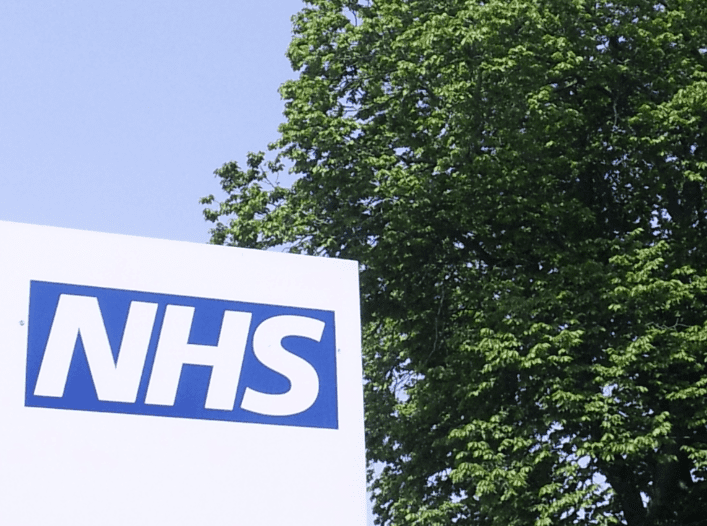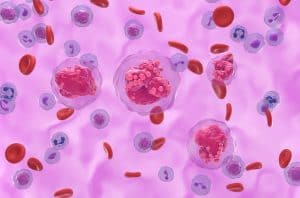
UK government pushes through formulary changes
pharmafile | August 22, 2012 | News story | Sales and Marketing | CCGs, NHS, NICE, PCTs, UK, lottery, prescribing
The government has written to NHS prescribing leads telling them they must start to incorporate NICE guidance into their formularies.
Formularies are drawn up by PCTs and SHAs and list the drugs they will fund, but increasingly these formularies have been used to block new treatments from NICE, or delay their use to help cut costs.
The government wants to change this and ensure a uniform uptake of new medicines recommended by NICE. To do this, it published the Innovation Health and Wealth report in December which outlined the ‘NICE Compliance Regime for Technology Appraisals’.
This is designed to support patient access to NICE-approved drugs by ensuring all medicines are available to patients 90 days after an appraisal.
Dr Keith Ridge, chief pharmaceutical officer for the NHS, has now written to all prescribing leads in the NHS to ensure that this is going ahead.
“If you have not done so already, I would strongly encourage you to review your local formulary processes to begin implementation of the IHW action,” Ridge wrote.
“I would suggest you do this in collaboration with emerging CCGs, and between you decide how best to take this forward.”
Ridge added that he has also been asked to lead a working group to oversee the implementation of the action on formularies, making doubly sure that PCTs and SHAs play ball.
The government is also keen to make sure the Compliance Regime will be followed by the new Clinical Commissioning Groups (CCGs), which will be replacing PCTs and SHAs as the new NHS commissioners from April next year.
The NICE Medicines and Prescribing Centre, which was established earlier this year, has also been commissioned to develop a ‘good practice guide’ on formularies, which is likely to be published by the end of 2012 to help with the transition.
Ending the prescribing postcode lottery
Ridge’s letter comes just after Sir David Nicholson, chief executive of the NHS, said that he would be changing NHS contracts to ensure that all NHS bodies who use drug formularies will not be able to block new medicines approved by NICE.
Sir Michael Rawlins, chairman of NICE, also recently advised charities to sue NHS bodies that are refusing treatments recommended by the watchdog.
This shows just how serious the government is in tackling this situation.
It is looking to end the so-called blacklisting of drugs by PCTs and SHAs, and stamp out the postcode lottery coming from inconsistent uptake of new NICE medicines.
The difficulty has always been to ensure uniform adoption, whilst also allowing clinicians the freedom to prescribe – or not prescribe – medicines for their patients.
This has been a long-standing issue since NICE was established in 1999, but the government’s new IHW report looks to be the real deal when it comes to enforcing NICE guidance into local formularies.
This will all be music to pharma’s ears – which helped the government write up the IHW report – as market access is one of the biggest issues for the industry in the UK.
Ben Adams
Related Content

NICE recommends migraine treatment for NHS use
The National Institute for Health and Care Excellence (NICE) has shared draft guidance recommending AbbVie’s …

GSK’s Jemperli recommended by NICE for endometrial cancer treatment
GSK has announced that the National Institute for Health and Care Excellence (NICE) has recommended …

NICE recommends SC treatment of AbbVie’s Tepkinly for patients with DLBCL
AbbVie has announced that the National Institute for Health and Care Excellence (NICE) has recommended …








